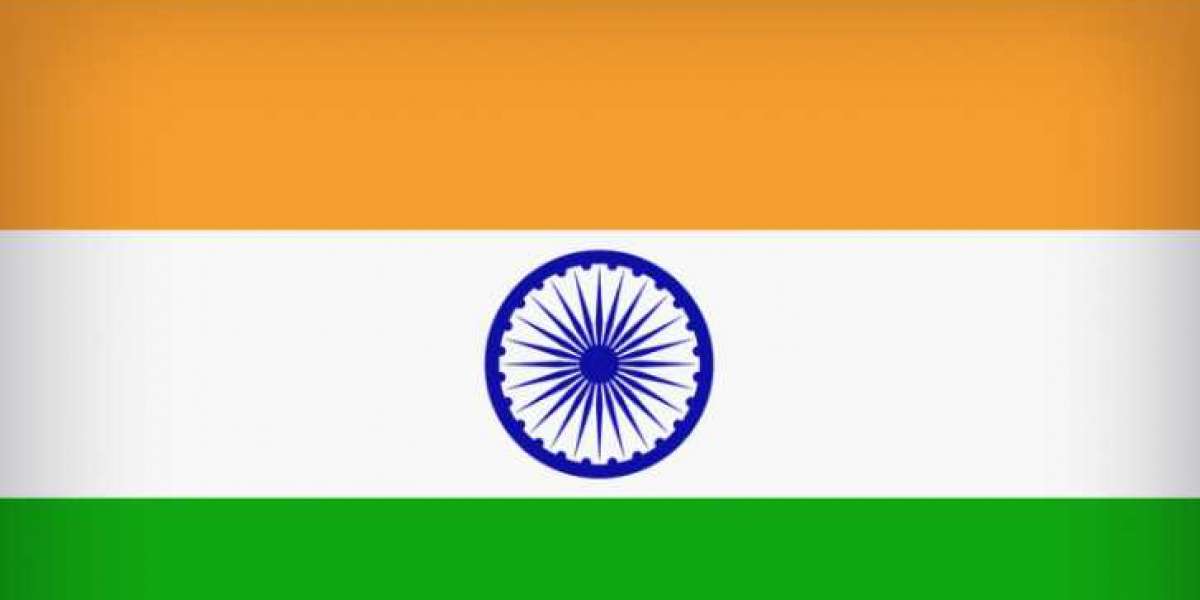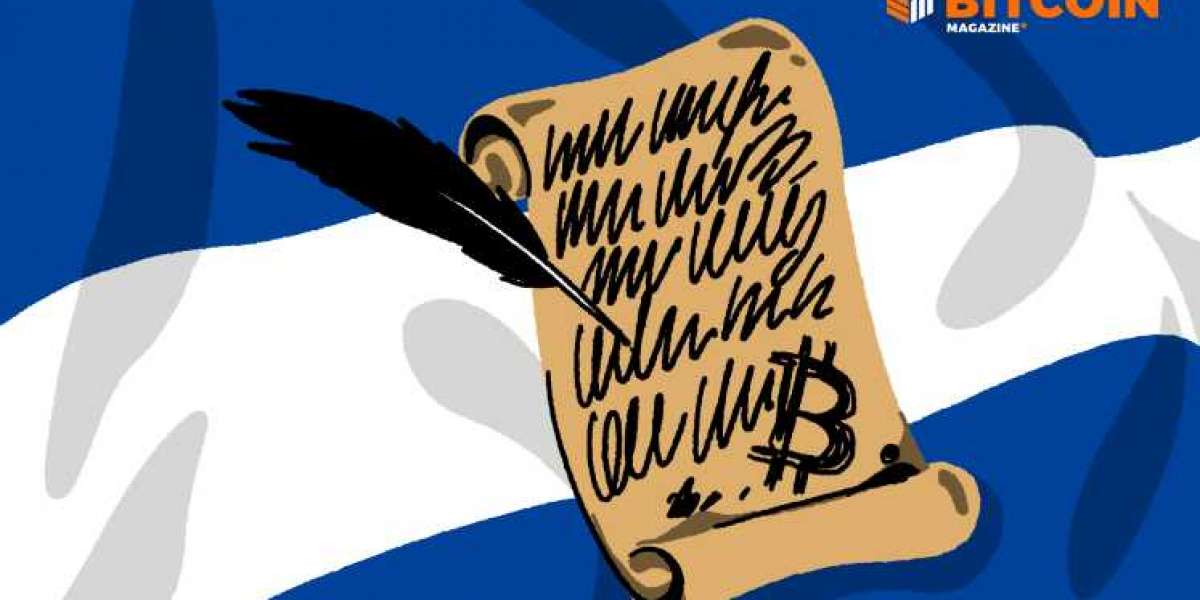The agencies believe they have uncovered transactions of up to 28,000 crore rupees, which is equivalent to $3.4 billion. There have reportedly been over 200 transactions using cryptocurrencies that have been identified by the security services that are overseeing the investigation, as reported by the local media.
Between 2019 and 2021, these unlawful drug transactions were carried out in tax havens such as the British Virgin Islands and the Cayman Islands. According to the sources, the transactions were all carried out via cryptocurrency exchange companies in India. The reports cited the input of high-ranking government employees as their source.
This year, the Indian government has conducted a number of inspections, searches, and raids targeting cryptocurrency exchanges in an effort to address concerns regarding money laundering. A rise in the number of criminal cases involving the narcotics trade and cryptocurrency has occurred in addition to the current investigation that was launched in connection with the trafficking of drugs.
In April, the government of India reported to parliament that it had uncovered 11 instances of cryptocurrency transactions totaling approximately $266,750. This is due to the fact that bitcoin provides traffickers with high levels of anonymity while also allowing them to circumvent banking rules.
The impact that the CBDC will have on India's financial landscape
After a proposal from the Reserve Bank of India (RBI) to the government the previous year, India was almost certain to become one of the largest economies in the world to use a digital currency issued by a central bank. As a result of this, the central bank proposed a change to the RBI Act of 1934, which would broaden the meaning of the term "banknote" and convert money into an electronic format.
In response to the suggestion, a high-ranking government official from the Ministry of Finance named Pankaj Chaudhary stated, "RBI has been checking use cases and analyzing a phased implementation approach for the introduction of Central bank digital currency (CBDC) without disruption."
India is planning to officially introduce its own digital currency by the beginning of the year after this one (Digi Rupee). Earlier this year, when she was presenting the 2022 Budget 2022, Minister of Finance Nirmala Sitharaman dropped a clue about something. While this is going on, virtual digital assets such as cryptocurrencies, non-fungible or governance tokens, and gaming coins are not recognized as legitimate forms of payment in India.
Despite this, the cryptocurrency business is expected to increase from 17 million users to 90 million users between March 2021 and March 2022, prompting the government to take action to regulate the industry.




Abiola Issa Mukaila 2 yrs
Good